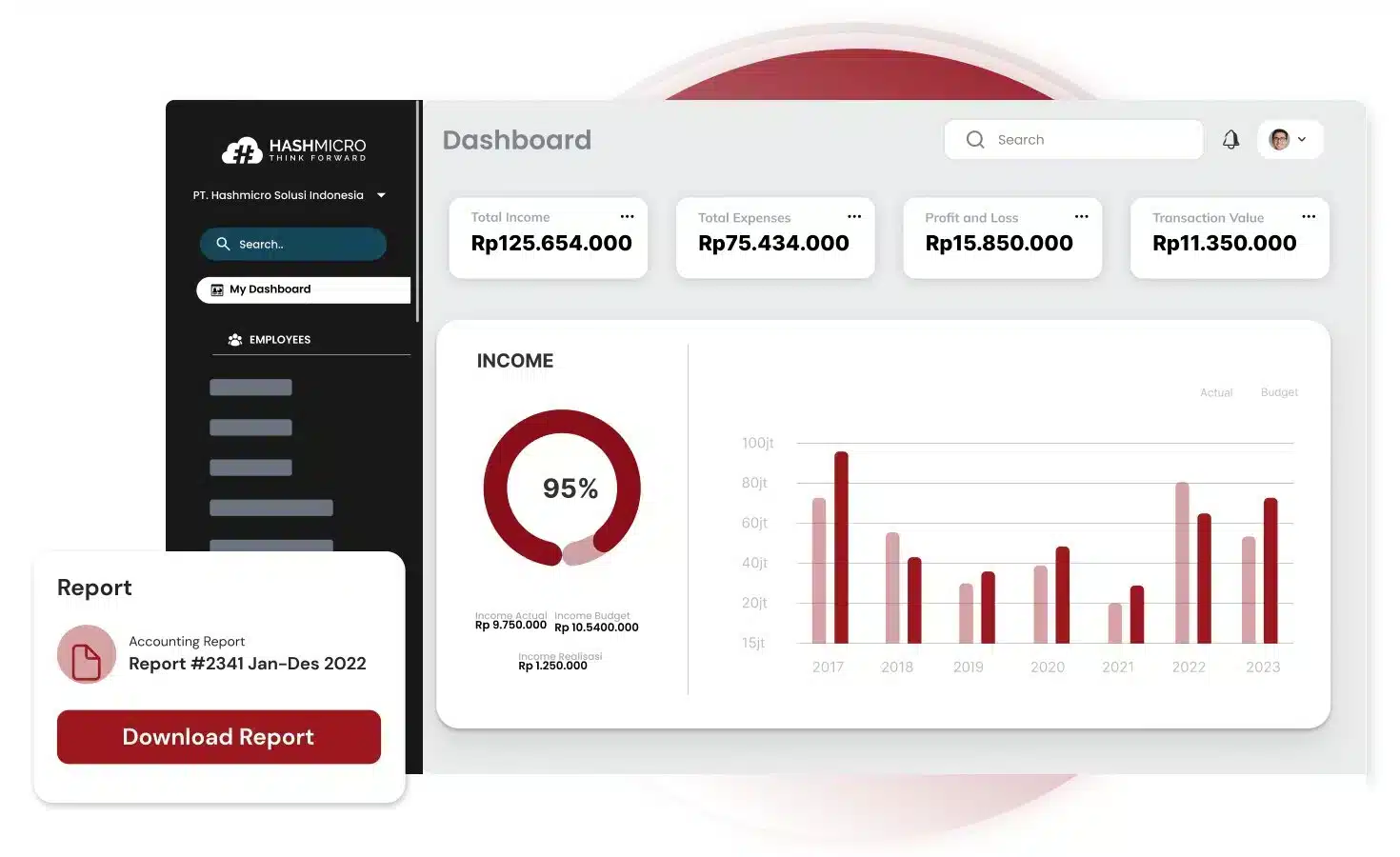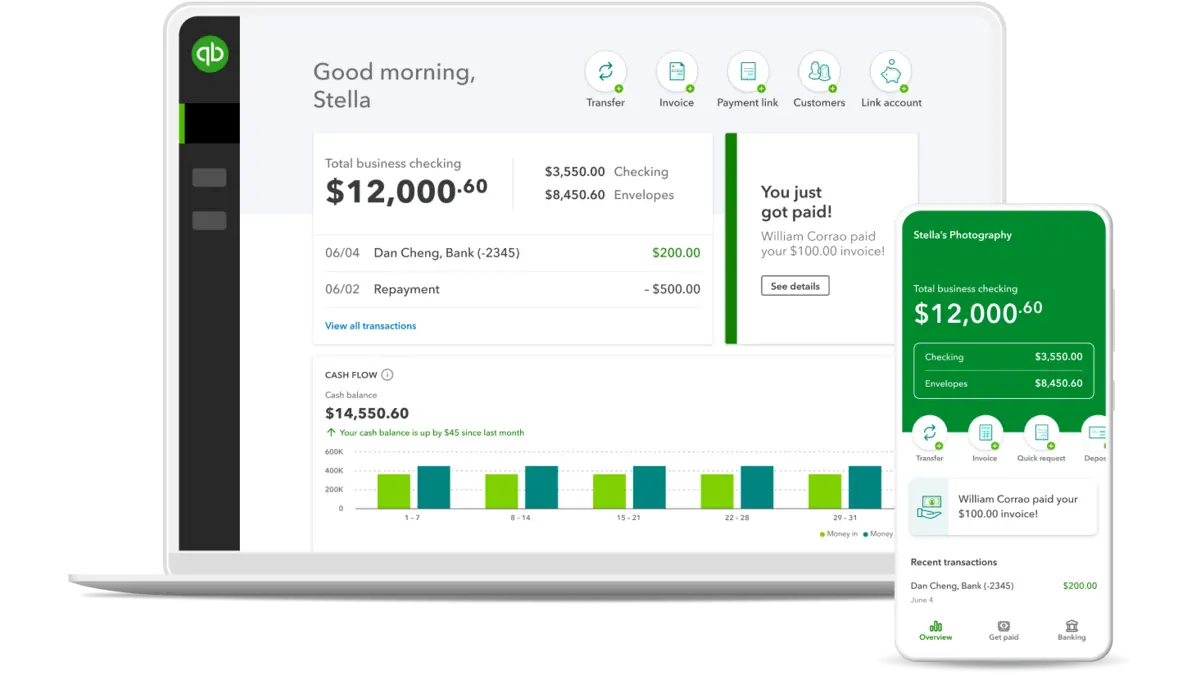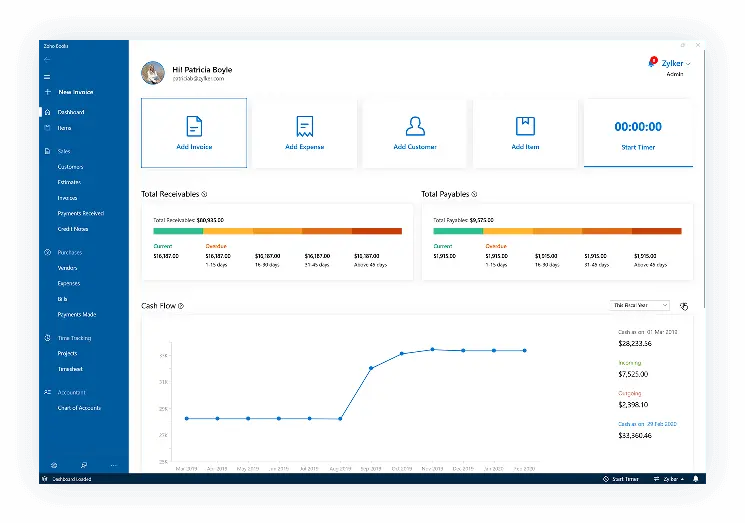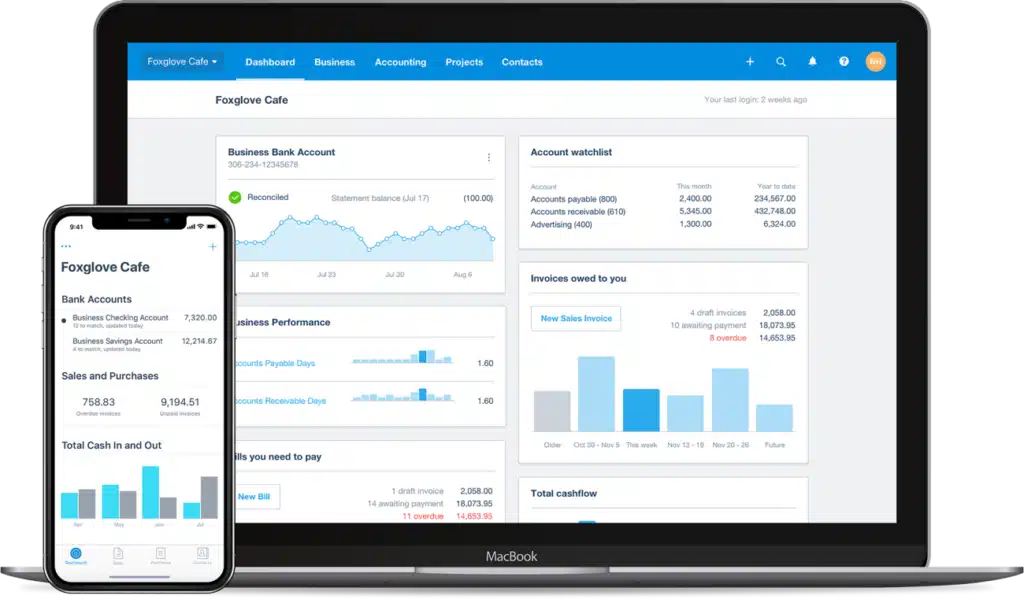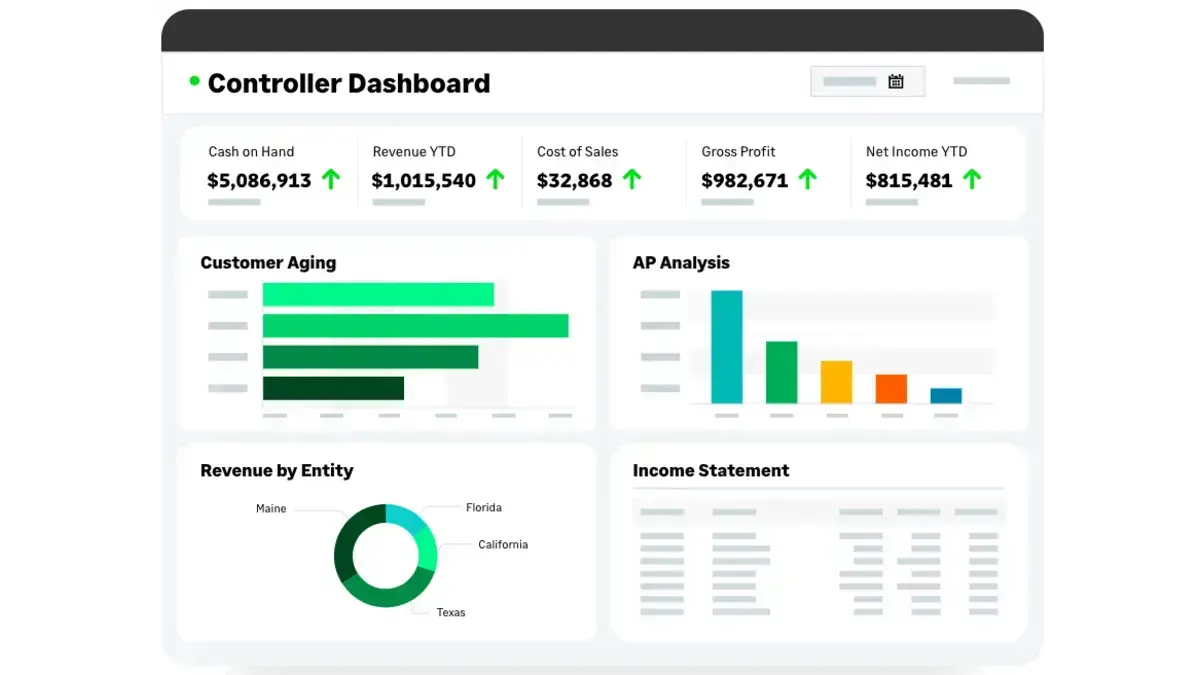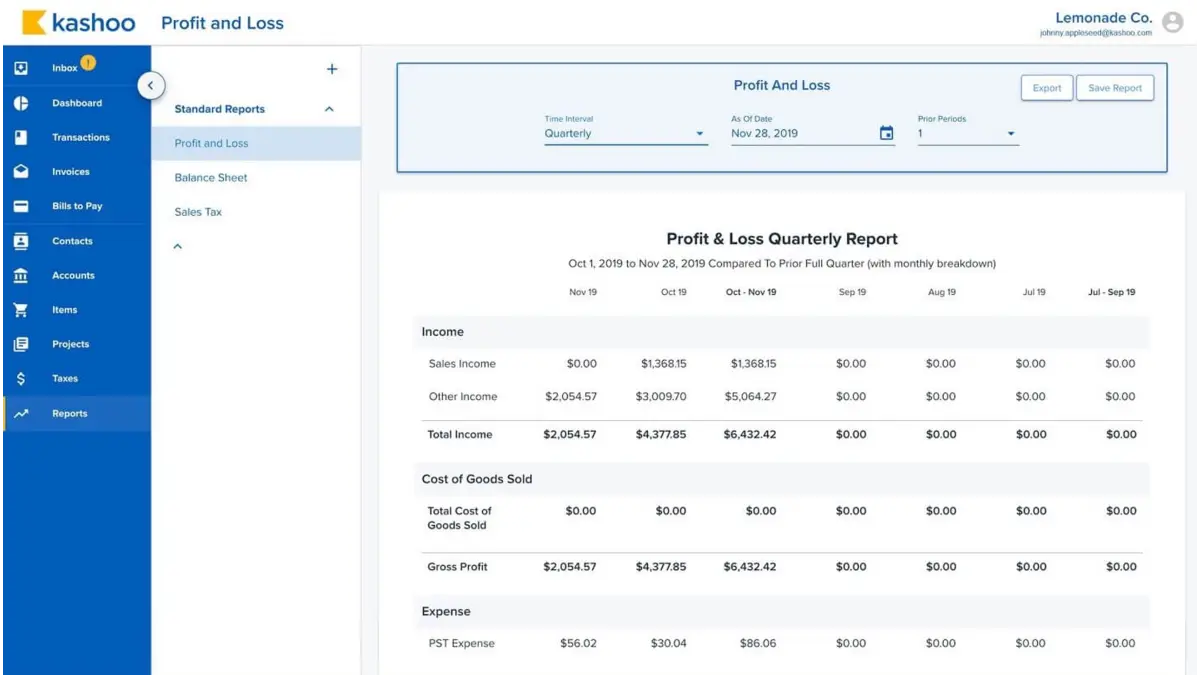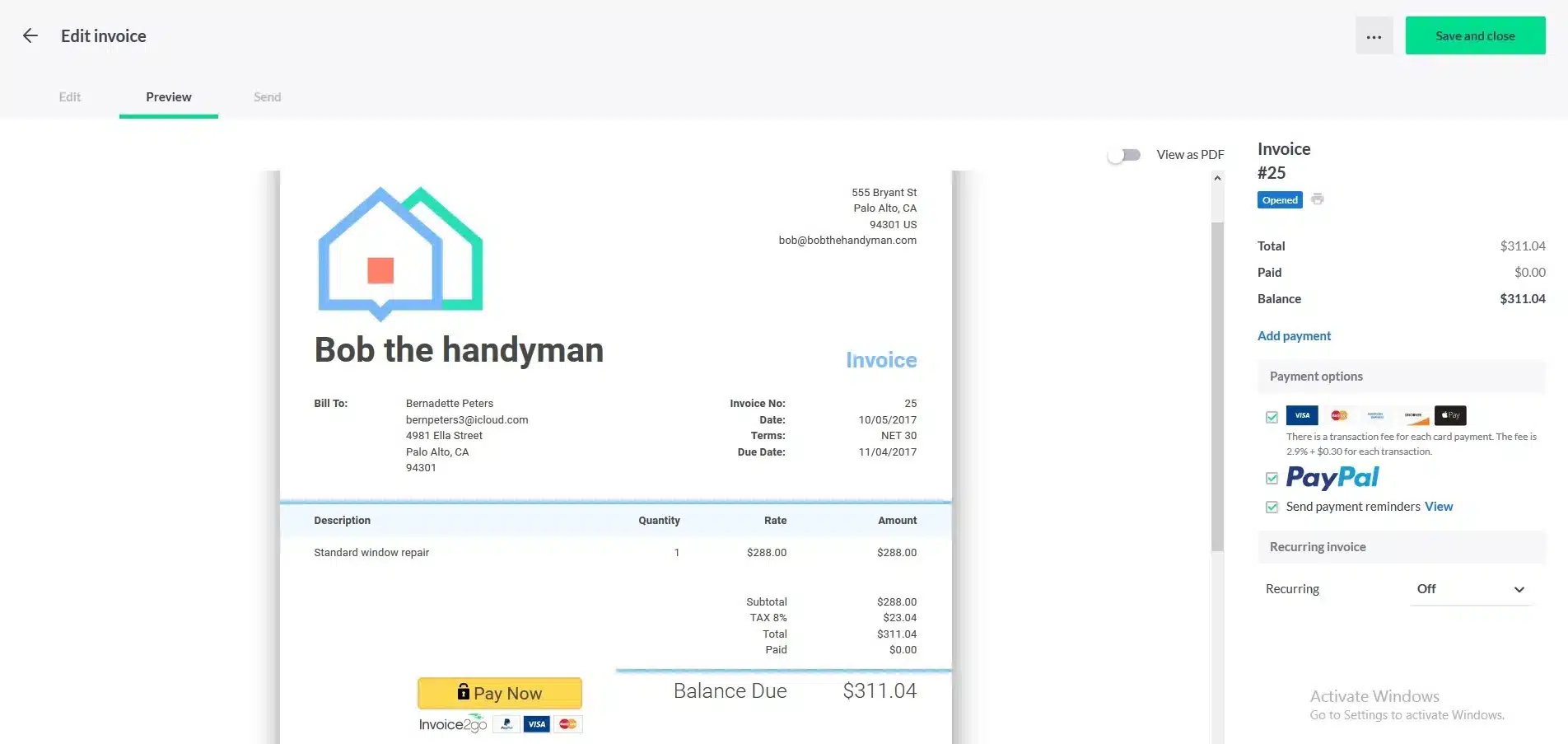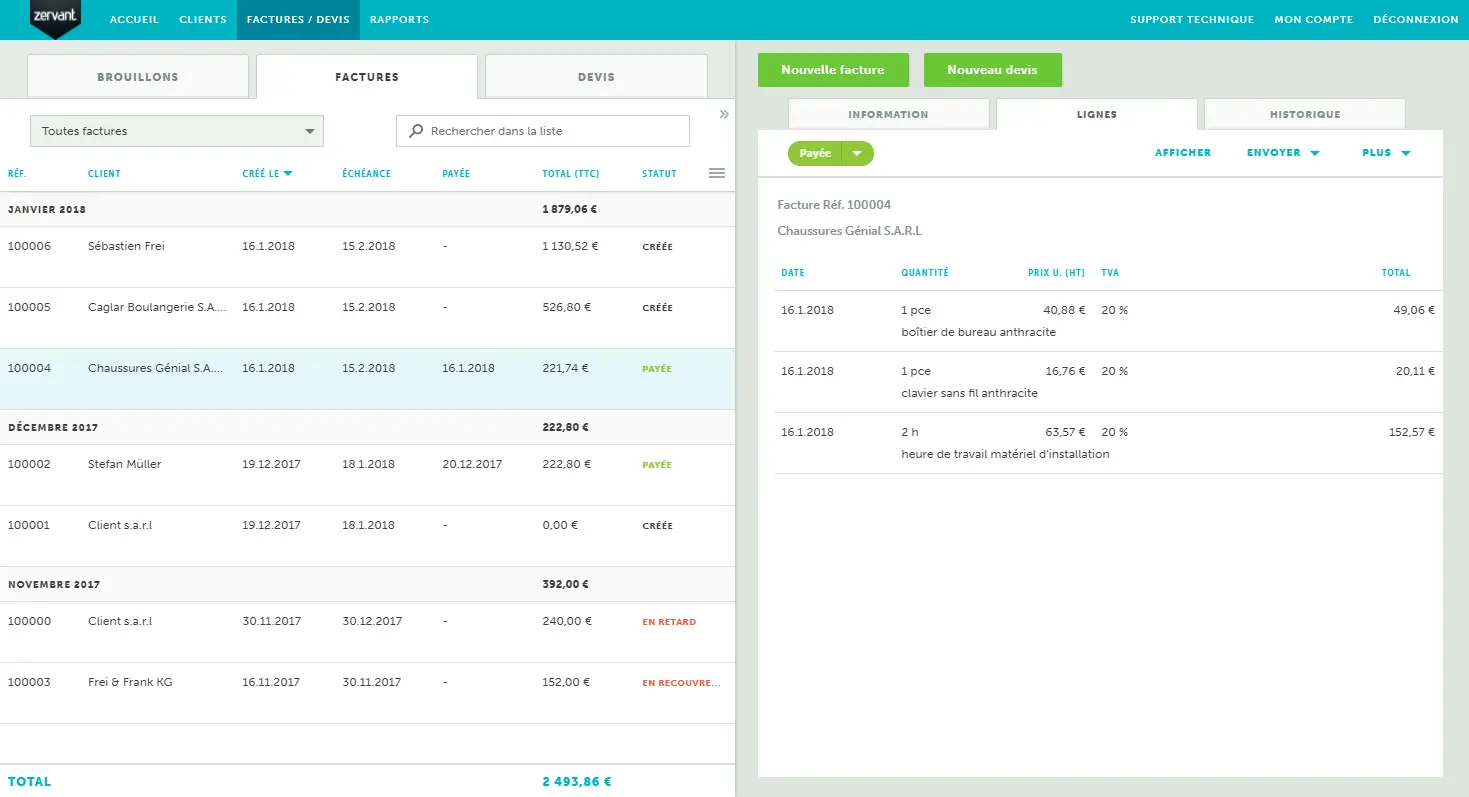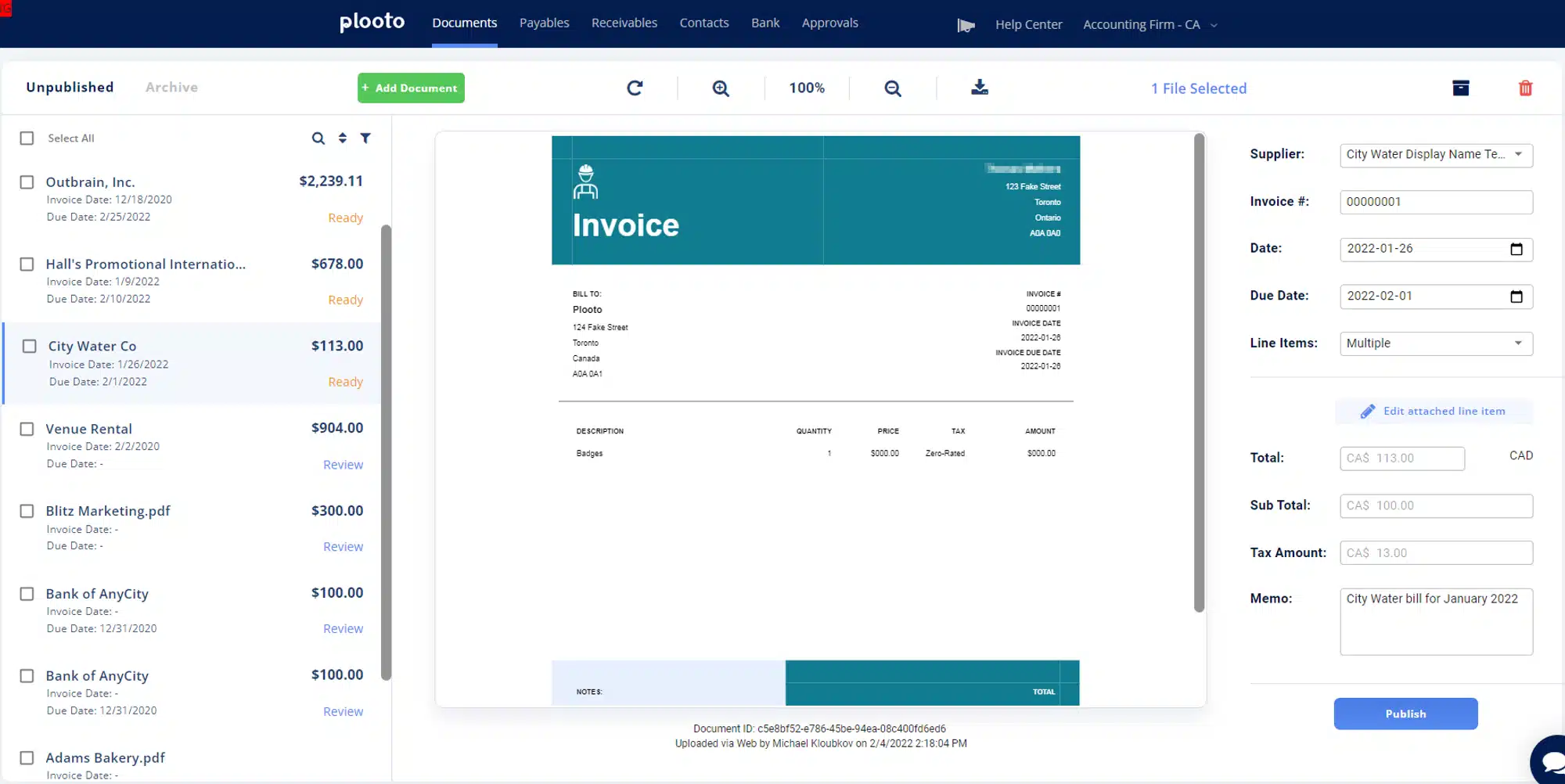Struggling with time-consuming invoicing processes, costly mistakes, or delayed payments? These challenges can hurt your business growth and leave you feeling stuck. It’s time to adopt reliable invoicing software to simplify your financial workflows and eliminate unnecessary stress.
The good news is you’ve just found the solution you’ve been looking for. With HashMicro invoicing software, you can eliminate manual errors, save time, and completely control your cash flow—all in one streamlined system.
In this article, we’ll cover the benefits of using invoicing software, highlight its key features, and walk you through how to choose the best solution. You might also like to try HashMicro’s invoicing software beforehand trough a free demo for a better understanding of the software!
Table of Content:
Table of Content
Key Takeaways
|
What is Invoicing Software?
Invoicing software is a digital solution designed to simplify and automate the process of creating, sending, and tracking invoices for businesses. It eliminates manual invoice creation and saves time, ensuring accuracy and timely payment collection.
At its core, invoicing software is a centralized system where businesses can manage customer details, invoice templates, payment terms, and financial data. This allows users to generate professional invoices, send them electronically, and track their status in real-time to avoid delays and keep it on time.
Invoicing software improves efficiency by automating repetitive and time-consuming invoicing tasks. It also provides insights into cash flow by offering real-time financial reporting. Many options integrate with other systems, like accounting software or CRM tools, creating a seamless financial management experience.
Why Invoicing Software is an Essential for Business?
Managing invoices manually can lead to delays, errors, and cash flow problems. Implementing an invoice system can help improve invoicing by offering real-time insights, automated calculations, and better organization.
Here’s how modern invoicing software in Singapore can address your needs:
1. Minimize payment delays
Manual invoice processing can lead to late payment collection. Using billing software ensures faster invoice generation and delivery, allowing clients to pay on time.
2. Reduce human errors
Manual invoicing often involves mistakes, such as incorrect calculations or missed payment terms. A cloud-based invoicing system eliminates these risks by automating calculations.
3. Save time and administrative costs
Automating repetitive invoicing tasks frees your team to focus on growth and other priorities. A reliable invoicing system removes unnecessary paperwork and admin work.
4. Centralize financial data
A digital invoicing app allows you to store and track all customer payment histories and financial transactions in one secure location, helping prevent issues like a duplicate invoice.
5. Improve cash flow visibility
With real-time insights, invoicing software services give you a clear financial health overview, allowing better decision-making.
Switching to invoicing software doesn’t just ease stress—it creates a seamless workflow that strengthens cash flow and operational efficiency.
What are the Key Features of Invoicing Software?
There are several key features of invoicing software that are essential to have. These features aim to make the entire process faster, more accurate, and more professional. From smarter payment tracking to easier access anytime, here’s how the best invoicing software can transform your operations:
-
Automated invoice creation
Forget manual data entry. An invoicing app lets you quickly generate accurate invoices by automatically pulling customer details and transactions. -
Customizable invoice templates
A professional look goes a long way. With e-invoicing software, you can tailor templates with your company logo, branding colors, and personalized messages for a professional impression. -
Online delivery & payment options
Speed up client payments with digital invoicing solutions. Send invoices via email or give customers secure online portals to quickly review and pay their bills. -
Real-time payment tracking
Stay on top of your finances with real-time payment tracking. Cloud-based invoicing systems provide instant updates on outstanding invoices and payment statuses. -
Secure data storage & access
With cloud-based software, your financial records are stored securely. Access them anytime, from anywhere, without compromising data security.
With automation, customization, and security features, you can focus more on growing your business instead of managing paperwork. Investing in a good invoicing system today can lead to faster payments and a more professional image tomorrow.
10 Best Invoicing Software for Businesses in Singapore
The advancement of technology has completely transformed how businesses manage invoicing, offering tools that improve accuracy, efficiency, and cash flow.
Below, we’ve listed the 10 best invoicing software options to help you find the ideal fit for your business needs.
1. HashMicro’s invoicing software
HashMicro’s invoicing software offers a powerful and advanced solution that simplifies financial operations for businesses across industries. With automated invoicing, tax management, and real-time reporting, HashMicro empowers businesses to save time and streamline workflows.
One standout feature is its seamless integration with Peppol, inventory tracking, and CRM systems, offering global network interoperability. These integrations accelerate invoice delivery and ensure prompt payment processing, creating a smoother cash flow experience.
Features:
- Hashy AI: An AI system that assists AR Collectors in managing bills. With AI support like Hashy, the invoicing process becomes faster, neater, and minimizes the risk of payment delays.
- Invoice Creation: Generate custom invoices using tailored templates for each client. You can choose to print them as PDFs or send them directly via email.
- Tax & Discount Automation: HashMicro’s e-Invoicing Software automatically calculates taxes and applies discounts to relevant invoices, streamlining your process.
- Online Payment Integration: Enable customers to pay seamlessly through an integrated online payment gateway, with receipts sent automatically via the same platform.
- Credit Limit Management: To improve financial management, set individual credit limits for each client, adjusted according to the pricing of your products or services.
- Invoice Approval & Verification: Easily manage invoice approvals and ensure proper validation for any invoices with special pricing or discounts.
- Real-Time Invoice Tracking: Stay on top of your finances with real-time invoice tracking, including detailed reports on outstanding invoices, aging payments, and overall income.
Pros:
- Advanced features for efficiency
- Peppol integration for faster payment processing
- Comprehensive reporting options
Cons:
- Costs can scale depending on business needs
2. QuickBooks
QuickBooks is one of small and medium-sized businesses’ most popular invoicing software options. Its intuitive interface offers invoice creation, expense tracking, and cash flow insights while supporting multi-currency transactions—a feature perfect for international companies.
QuickBooks streamlines business operations by offering automated reporting and a simplified dashboard for financial visibility. It integrates seamlessly with third-party apps, making accounting faster and more collaborative for team members.
Features:
- Multi-currency transaction support
- Payment reminders and automated reporting
- Expense tracking
Pros:
- Streamlined user experience for small businesses
- Robust features with financial insights
- Strong integration capabilities
Cons:
- Subscription costs can add up over time
3. Zoho Books
Zoho Books is an online accounting and invoicing app tailored for small business operations. It simplifies essential accounting processes like invoice creation, expense tracking, and bank reconciliation while supporting mobile access for on-the-go management.
The user-friendly dashboard offers real-time updates and financial insights, making tracking your business’s health easy. Zoho Books integrates seamlessly with banks and third-party apps, making it easier to optimize financial workflows.
Features:
- Real-time expense and invoice tracking
- Integration with business bank accounts
- Mobile-friendly accounting options
Pros:
- User-friendly and quick to navigate
- Access financial insights anytime with mobile options
- Ideal for small business needs
Cons:
- Not ideal for huge enterprises
4. Xero
Xero is a cloud-based invoicing system known for simplifying accounting workflows for small business owners. With features like multi-currency support, inventory management, and automatic bank reconciliation, Xero provides a seamless experience for financial monitoring.
Xero’s easy-to-use interface and advanced reporting tools make it a preferred choice for companies prioritizing convenience and accessibility. Xero allows teams to track performance, expenses, and client invoices in real-time.
Features:
- Multi-currency invoicing options
- Automatic bank reconciliation features
- Inventory management tools
Pros:
- Accessible anytime with cloud technology
- Multi-currency invoicing for international operations
- Useful reporting tools for financial health insights
Cons:
- Subscription fees may become costly for very small businesses
5. Sage
Sage has been a trusted accounting and invoicing solution for many years. It offers customizable options for companies of all sizes. Sage combines invoicing with advanced security features and integrations with Microsoft Office 365 for enhanced productivity.
Sage simplifies automated invoicing, revenue recognition, and report generation. Its focus on security ensures sensitive financial data remains protected, making it ideal for mid-sized businesses with robust invoicing needs.
Features:
- Customizable invoice templates
- Integration with Microsoft Office 365
- Automated revenue recognition
Pros:
- Trusted brand with proven performance
- Advanced data security options
- Excellent for mid-sized businesses
Cons:
- Costs may scale as business size grows
6. Wave

While free, Wave provides optional add-ons for expanded features like payroll processing and payment acceptance. Its intuitive design and simple financial dashboards are great for anyone with minimal accounting expertise.
Features:
- Free invoicing with payment tracking
- Expense tracking features
- Bank reconciliation options
Pros:
- Zero-cost entry for small business users
- Simple onboarding and use
- Easy-to-access financial insights
Cons:
- Optional add-ons can add extra costs if needed
7. Kashoo
Kashoo is a simple, streamlined invoicing system for small businesses that focuses solely on creating professional invoices and tracking payments. Its intuitive interface allows users to easily set up invoices and integrate their branding.
Kashoo supports online payment options, which makes it easier for clients to pay promptly and helps businesses maintain steady cash flow. It balances simplicity with effective invoicing features.
Features:
- Customizable invoice templates
- Online payment integration
Pros:
- Fast invoicing setup with intuitive design
- Payment options are easy to integrate
Cons:
- Limited scalability for growing operations
8. Invoice2go
Invoice2go is a user-friendly invoicing app ideal for freelancers, contractors, and small businesses that prioritize mobility and flexibility. Designed to work across mobile devices, Invoice2go allows users to create and send invoices instantly from their phones or tablets.
The platform also offers expense tracking and invoice status updates, allowing business owners to manage accounts receivables. This combination of simplicity and functionality makes Invoice2go an attractive choice for mobile workers and business owners who value convenience.
Features:
- Multiple payment processing options (bank transfer, credit cards, PayPal)
- Invoice tracking and status updates
- Expense management tools
- Mobile-first user experience
Pros:
- Convenient mobile invoicing options
- Fast invoice creation and delivery
- Integrated payment tracking
Cons:
- Costs could be high for very small users
9. Zervant
Zervant is a free, cloud-based invoicing solution tailored for freelancers, entrepreneurs, and small business owners. Designed simply, Zervant allows users to quickly create, send, and track professional invoices without requiring advanced accounting skills.
The intuitive dashboard provides an overview of invoicing activity, payment status, and outstanding balances. Zervant has tools that simplify managing accounts receivables while maintaining an accessible user interface for all business owners.
Features:
- Easy-to-use invoicing templates
- Payment tracking dashboard
- Automated reminder options
- Simple expense management
Pros:
- Beginner-friendly interface
- Free to use for basic invoicing needs
- Real-time financial visibility
Cons:
- May lack scalability for more complex operations
10. Plooto
Plooto is a comprehensive invoicing system that simplifies payment processes for small and medium-sized businesses. It allows companies to send invoices and offers a variety of payment options, such as credit cards, Automated Clearing House (ACH) payments, and electronic fund transfers (EFT).
Plooto also comes with advanced features for payment reconciliation and cash flow management. Businesses gain visibility into outstanding payments and can easily track the entire payment lifecycle from invoice to completion.
Features:
- Multi-payment processing options (ACH, EFT, credit cards)
- Automated payment reconciliation tools
- Client payment tracking dashboard
- Invoice status insights
Pros:
- Streamlined cash flow management
- Flexible payment processing options
- Intuitive interface for ease of use
Cons:
- Can become costly depending on payment volume
How to Choose the Right Invoicing Software for Your Business
Selecting the best invoicing software in Singapore requires careful evaluation, but the right solution can streamline your workflows and make financial management much easier. Here’s how you can find the perfect fit for your business:
1. Understand your business needs
Assess your company size, invoicing volume, and industry requirements. Some invoicing software services cater to small businesses, while others are better suited for large enterprises.
2. Check the features
Look for features like automated invoicing, customizable templates, online payment options, and real-time tracking. Choose software with functionalities that match your daily operations.
3. Focus on user experience
The best e-invoicing software is intuitive and easy to use. Test the interface to ensure it’s user-friendly for your team members.
4. Evaluate scalability options
Your business will grow over time. Choose cloud-based software that can scale with your company’s growth and evolving financial needs.
5. Compare pricing plans
Understand your budget and compare pricing options. Many invoicing apps offer flexible pricing based on the number of users, features, or usage volume.
With HashMicro’s cloud-based software, you can eliminate delays, reduce administrative burdens, and experience how a modern invoice system can transform your financial workflows.
Conclusion
Efficient invoicing can revolutionize how your business manages finances. By automating tasks and reducing the risk of errors, invoicing software offers time-saving, cost-effective solutions that maintain healthy cash flow.
With HashMicro’s e-invoicing software, you can eliminate delays, reduce administrative tasks, and enjoy real-time financial insights. Trusted by businesses across Singapore, HashMicro offers cloud-based invoicing software tailored to help you streamline operations effortlessly.
Don’t let delays or errors affect your cash flow. Schedule your free demo today and experience how HashMicro’s solutions can help you improve invoicing and optimize your financial workflows.

FAQ about Invoicing Software
-
What are the advantages of using invoicing software?
It saves time by automating tasks, reduces human errors, improves cash flow with real-time tracking, and allows secure data storage.
-
Is invoicing software suitable for small businesses?
Yes, it’s designed for businesses of all sizes to streamline operations, reduce administrative burdens, and ensure timely payment processing.
-
How secure is the data in cloud-based invoicing software?
Cloud-based invoicing systems use encryption and security protocols to protect sensitive financial data, ensuring access only by authorized users.






